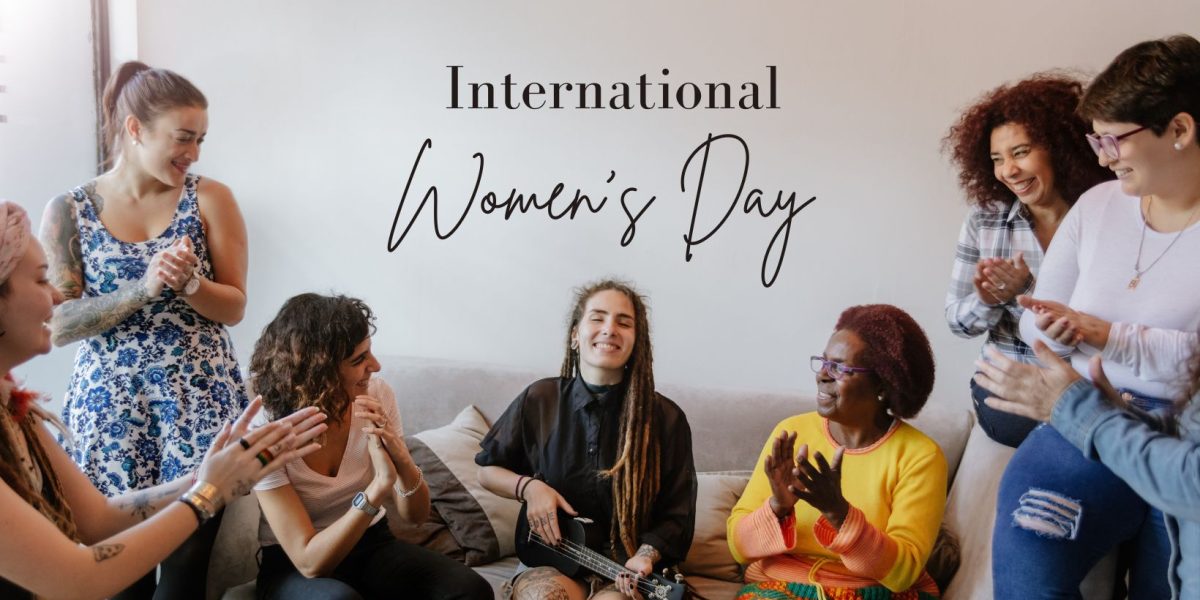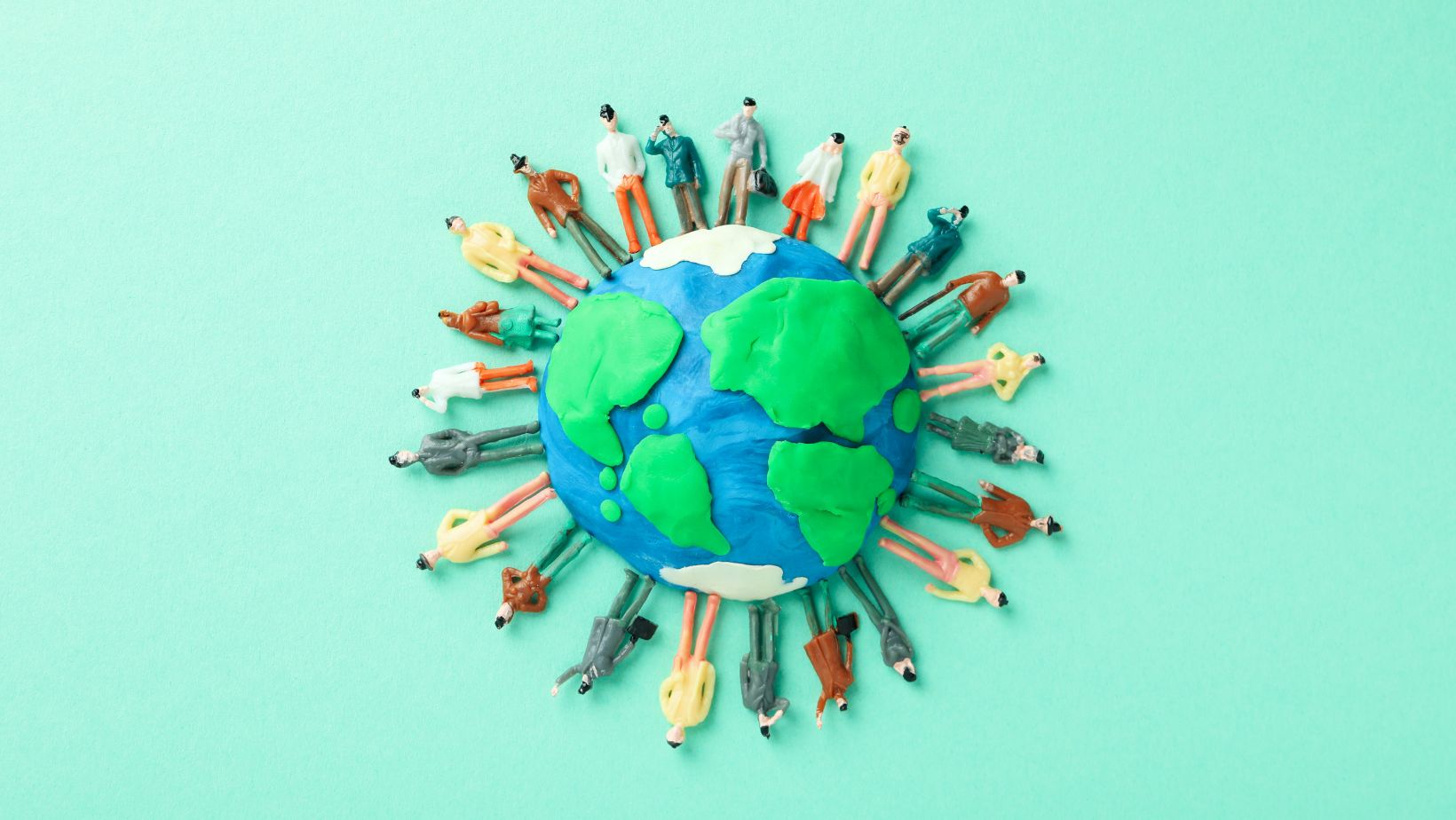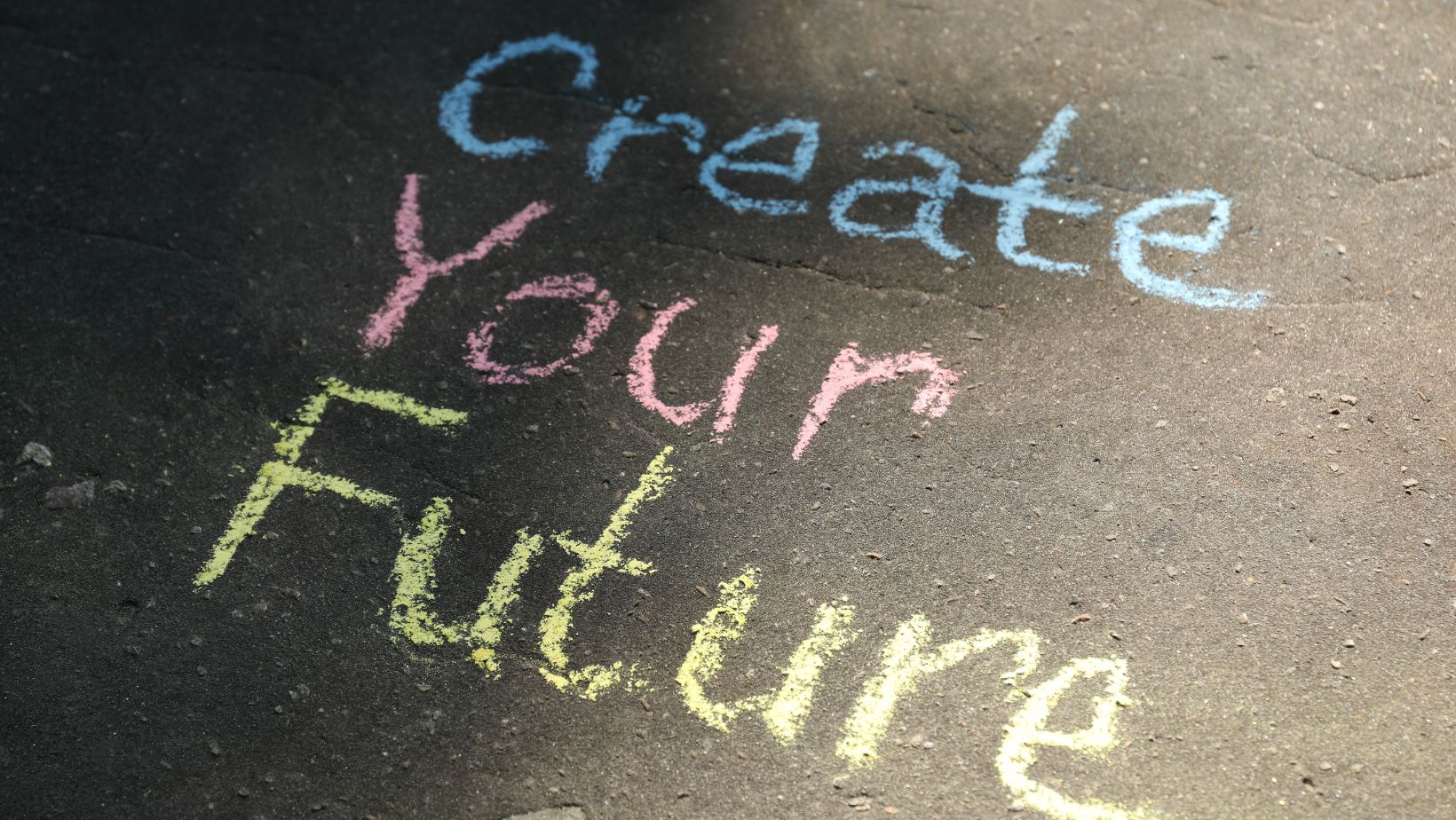Recognizing Women's Achievements and Advancing Gender Equality
Every year on March 8th, people around the world come together to celebrate International Women’s Day (IWD). This global observance commemorates the social, economic, cultural, and political achievements of women while also advocating for gender equality. With a rich history spanning over a century, International Women’s Day serves as a reminder of the progress made towards women’s rights and the work that still needs to be done to achieve true gender parity.
Origins and History
The origins of International Women’s Day can be traced back to the early 20th century when women began to organize and advocate for better working conditions, suffrage, and women’s rights. The first National Women’s Day was observed in the United States on February 28, 1909, following a declaration by the Socialist Party of America.
The idea of an international day to honor women gained momentum at the International Conference of Working Women held in Copenhagen in 1910. Inspired by the American socialists, German revolutionary Clara Zetkin proposed the establishment of an annual International Women’s Day to advocate for women’s rights and suffrage. The proposal was met with unanimous approval, and the first International Women’s Day was celebrated in Austria, Denmark, Germany, and Switzerland on March 19, 1911.
Since then, International Women’s Day has grown into a global movement, with millions of people from diverse backgrounds coming together to champion gender equality and celebrate the achievements of women worldwide.
Themes and Celebrations
Each year, International Women’s Day is celebrated with a specific theme that reflects current global issues affecting women and girls. Themes in recent years have focused on a wide range of topics, including gender equality, women’s empowerment, violence against women, and the role of women in peacebuilding and conflict resolution.
While the themes may vary, the overarching goal remains the same: to raise awareness about gender inequality and advocate for meaningful change. International Women’s Day is commemorated through various activities and events, including marches, panel discussions, art exhibitions, film screenings, and social media campaigns. These initiatives aim to inspire and mobilize individuals to take action towards achieving gender equality in their communities and beyond.
The Importance of International Women's Day
International Women’s Day holds immense significance in the ongoing fight for gender equality. It serves as a platform to amplify the voices of women, highlight their contributions to society, and call attention to the barriers and challenges they continue to face. From closing the gender pay gap to increasing women’s representation in leadership positions, International Women’s Day galvanizes efforts to create a more equitable and inclusive world for future generations.
Moreover, International Women’s Day provides an opportunity for reflection and introspection. It prompts individuals to examine their own beliefs, biases, and behaviors concerning gender roles and stereotypes. By challenging ingrained attitudes and promoting dialogue, International Women’s Day fosters a collective commitment to dismantling patriarchal structures and building a society where everyone, regardless of gender, can thrive.
Looking Ahead
As we celebrate International Women’s Day, it’s essential to recognize that the fight for gender equality is far from over. While significant progress has been made, women and girls continue to face systemic discrimination, violence, and marginalization in many parts of the world. Achieving true gender equality requires sustained efforts from governments, civil society, the private sector, and individuals alike.
On this International Women’s Day, let us reaffirm our commitment to advancing the rights and opportunities of women everywhere. Let us stand in solidarity with women of all backgrounds and identities, and let us work together to create a future where gender equality is not just a dream but a reality for all.





